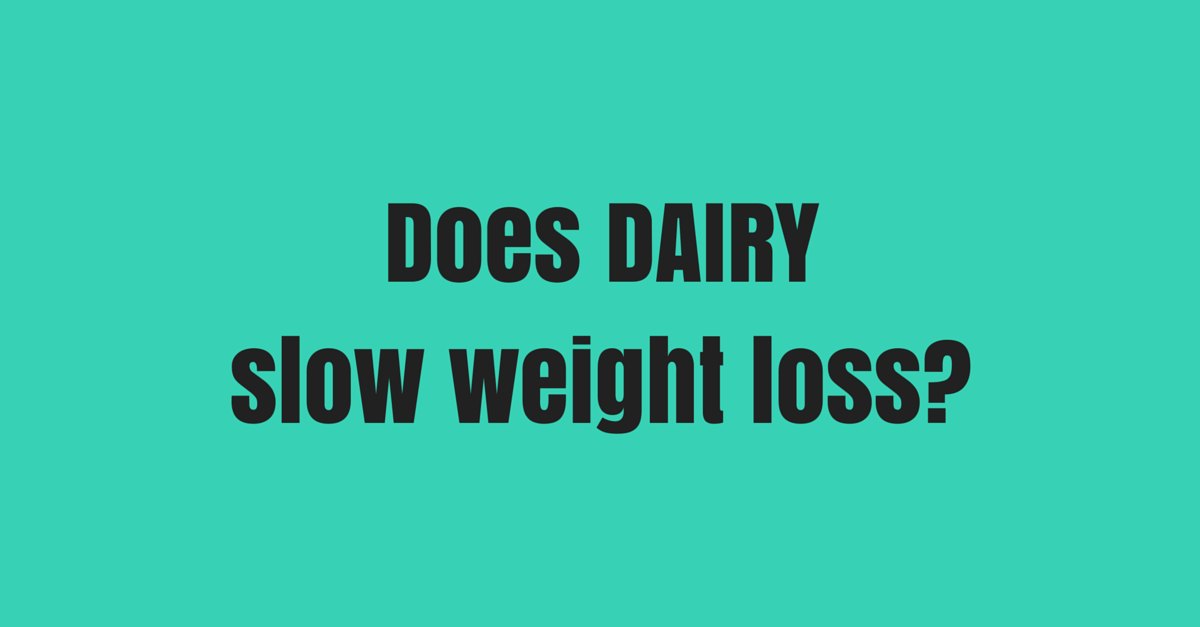Dairy is a highly debated topic, especially as it relates to weight loss within the Paleo, Primal and whole foods communities. Does dairy slow weight loss? Is it fat loss friendly? Does it increase blood sugar? Does it influence insulin, the master fat loss hormone? Some of the answers might surprise you and we’re going to answer all your questions & then some in today’s episode!
And don’t forget to hop on the free VIP email list to get your 100 fat loss meal ideas with over 30 killer recipes!
Listen Now
Does Dairy Slow Weight Loss?
In today’s episode, I’ll be going through the following 10 statements in more detail. Don’t miss the full episode!
- The intended purpose of milk, from any mammal, is to deliver nutrients to and accelerate the growth of an infant
- Milk & most milk products contain sugar in the form of lactose. Though “sugar” might not be listed on the label, that does not mean there is not sugar within. The carbohydrates contained within come from this milk sugar. Any sugar reflected on the label is added sugar in addition to the lactose.
- Though dairy products (excluding those with added sugar) don’t produce much of an increase in blood sugar, they do elicit an insulin response. Typically, glycemic index and insulin index are similarly impacted but this is not the case with dairy products. They have a unique insulin reaction that I explain in this episode. Individuals who are insulin resistant should consider limiting dairy for this reason.
- The hormones produced by the mammal which produced the milk are often still contained within the milk. If you drink the milk, you ingest said hormones. This is, of course, a dose-dependent relationship and the hormone content depends on many different factors including the quality of the product, the type of product and the hormone levels (natural & artificial) of the animal.
- Casein, the predominant protein in milk products, is a major allergen for many people.
- Not all animal milks are created equal. Goat’s milk, for example, is higher in fat and lower in casein and lactose.
- Nut milk is not milk. While this seems obvious to many, it is not to all and is worth a discussion.
- Whether or not you can or should tolerate dairy products depends in large part on your individual gut health/permeability.
- Your bacterial balance (or imbalance) will have a lot to do with your body’s response to dairy consumption.
- Lactose content, casein content and insulin impact depend on the type of dairy consumed.
If you are concerned about calcium intake, consider these non-dairy options which are good sources of calcium:
- Canned salmon
- Sardines
- Kale
- Oranges
- Almonds
- Seaweed
- Sesame seeds
